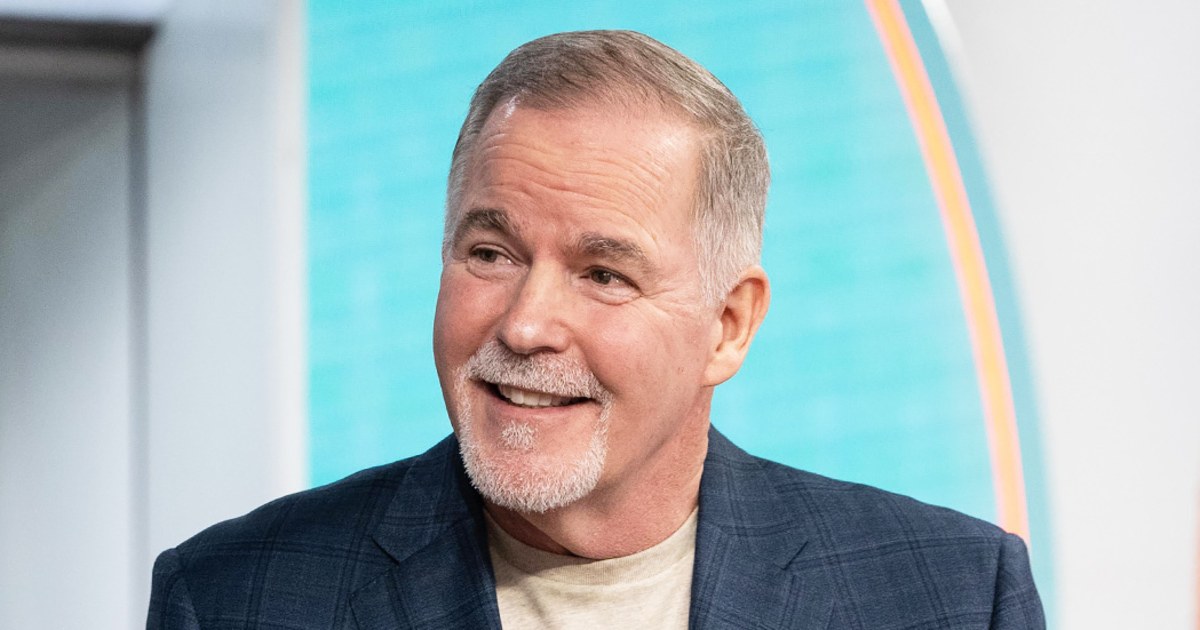t_spacemonkey
Well-Known Member
many here know it, but I did a little compilation of some good studies.

 www.ncbi.nlm.nih.gov
www.ncbi.nlm.nih.gov

 pubmed.ncbi.nlm.nih.gov
pubmed.ncbi.nlm.nih.gov

 www.ncbi.nlm.nih.gov
www.ncbi.nlm.nih.gov

 pubmed.ncbi.nlm.nih.gov
pubmed.ncbi.nlm.nih.gov

 www.sciencedirect.com
www.sciencedirect.com

 rep.bioscientifica.com
rep.bioscientifica.com

 pubmed.ncbi.nlm.nih.gov
pubmed.ncbi.nlm.nih.gov
These data indicate that, in male mice, LA induces obesity and insulin resistance and reduces activity more than saturated fat, supporting the hypothesis that increased LA intake may be a contributor to the obesity epidemic.

Lowering dietary linoleic acid reduces bioactive oxidized linoleic acid metabolites in humans
Linoleic acid (LA) is the most abundant polyunsaturated fatty acid in human diets, a major component of human tissues, and the direct precursor to the bioactive oxidized LA metabolites (OXLAMs), 9- and 13 hydroxy-octadecadienoic acid (9- and 13-HODE) ...

Linoleic acid causes greater weight gain than saturated fat without hypothalamic inflammation in the male mouse - PubMed
A significant change in the Western diet, concurrent with the obesity epidemic, was a substitution of saturated fatty acids with polyunsaturated, specifically linoleic acid (LA). Despite increasing investigation on type as well as amount of fat, it is unclear which fatty acids are most...

Linoleic acid in diets of mice increases total endocannabinoid levels in bowel and liver: modification by dietary glucose
Linoleic acid (LA) is an essential fatty acid involved in the biosynthesis of arachidonic acid and prostaglandins. LA is known to induce obesity and insulin resistance. In this study, two concentrations of LA with or without added glucose (G) were fed ...

Dietary linoleic acid elevates endogenous 2-AG and anandamide and induces obesity - PubMed
Suppressing hyperactive endocannabinoid tone is a critical target for reducing obesity. The backbone of both endocannabinoids 2-arachidonoylglycerol (2-AG) and anandamide (AEA) is the ω-6 fatty acid arachidonic acid (AA). Here we posited that excessive dietary intake of linoleic acid (LA), the...

Fatty acid-induced toxicity and neutral lipid accumulation in insulin-producing RINm5F cells
Fatty acids have been shown to cause death of rat and human primary pancreatic beta cells and of insulin-producing cell lines. These studies focused m…
 www.sciencedirect.com
www.sciencedirect.com

Impact of linoleic acid on bovine oocyte maturation and embryo development
Linoleic acid (LA; 18:2 n-6) is the most abundant fatty acid in bovine follicular fluid, and it was previously reported that LA concentration significantly decreases when follicle size increases. This suggests that LA may have a role in the regulation of oocyte maturation. The present study...

High dietary omega-6 fatty acids contribute to reduced docosahexaenoic acid in the developing brain and inhibit secondary neurite growth - PubMed
Docosahexaenoic acid (DHA, 22:6omega-3) is a major polyunsaturated fatty acid in the brain and is required in large amounts during development. Low levels of DHA in the brain are associated with functional deficits. The omega-3 fatty acids are essential nutrients and their metabolism and...
These data indicate that, in male mice, LA induces obesity and insulin resistance and reduces activity more than saturated fat, supporting the hypothesis that increased LA intake may be a contributor to the obesity epidemic.


















